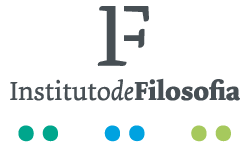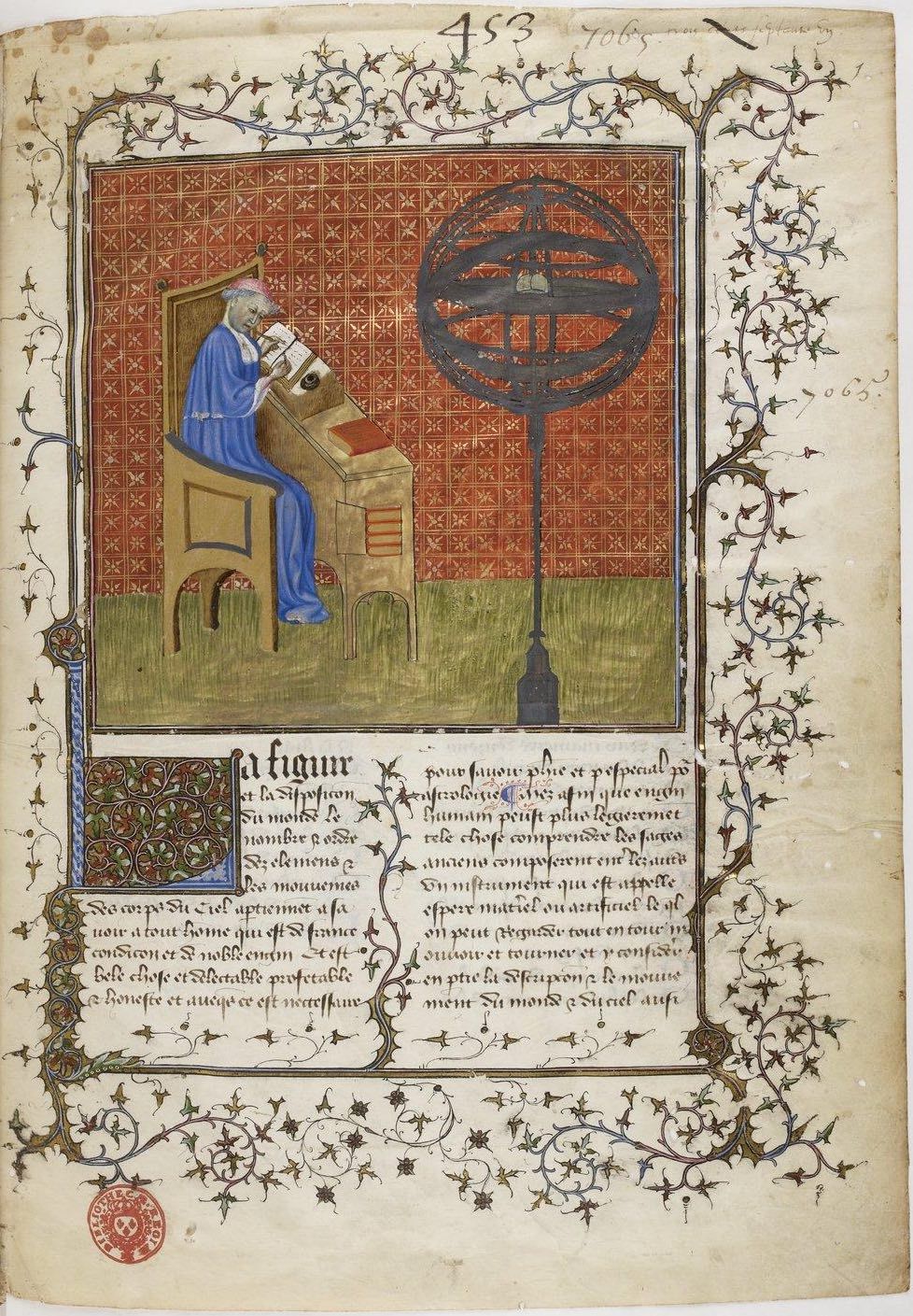Research Seminar, Porto 18, 20, 22 May 2020
Daniel A. Di Liscia: "Jacques Legrand's Aristotelian Compendium and Late Medieval Natural Philosophy"
From: 2022-06-06 To:2022-06-10
Thematic Line
Medieval & Early Modern Philosophy
Research Group
Reason, Politics & Society
Daniel A. Di Liscia
Jacques Legrand's Aristotelian Compendium and Late Medieval Natural Philosophy
June 2022 — Seminar / Doctoral program in Philosophy
Dates to be announced
Program:
1st session: The reception of the Aristotelian natural philosophy and Legrand's Compendium. The division of the sciences and methodological problems.
2nd session: The concept of motion: Intensity and quantification of velocity. The discussions about motion in an empty space.
3rd session: Cosmological innovations: The possible rotation of the Earth. Towards a Scientific Revolution.
4rd session. General discussion.
Daniel A. Di Liscia studied philosophy at the University of Buenos Aires with a specialization in the history of late medieval and early modern philosophy (1989). With support first from the DAAD (German Academic Exchange Service) and later from the Antorchas Foundation, he completed his Ph. D. at the LMU München (summa cum laude). After three years of collaboration at the Munich Copernicus Edition, he came to the Kepler-Kommission in the Bavarian Academy of Sciences, where he worked for six years, the final four as “Wissenschaftlicher Leiter”.
His research interests are in the history of philosophy and science from late medieval to early modern times. His focus lies on two branches of research: the history of Renaissance cosmology, especially in connection with Nicolaus Copernicus and Johannes Kepler, and the tradition of the “calculators”. The background for both subjects is the same: the late Aristotelian tradition in logic, epistemology and, above all, natural philosophy.
1. Late medieval history of logic and philosophy of language: theory of „consequentiae“; syllogistic and concept of deduction in medieval logic and mathematics.
2. Modern cosmology and history of science: Gravity in Copernicus and Kepler; Kepler on pneumatics; mathematics and metrology in Kepler; the late Aristotelian Tradition and the new cosmology; Renaissance epistemology (the “middle sciences”, regressus demonstrativus and the kind of scientific proofs).
Image: Nicolas Oresme, Traité de la sphère, © Paris, Bibliothèque nationale de France, ms. Français 565, f. 1r.
Support:
Erasmus + / Doctoral program in Philosophy
Organization
Medieval & Early Modern Philosophy / Gabinete de Filosofia Medieval.
Instituto de Filosofia.

